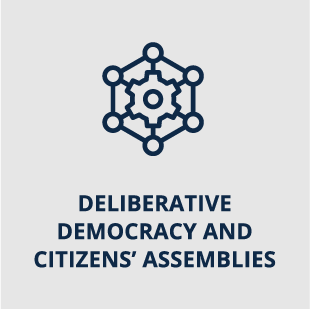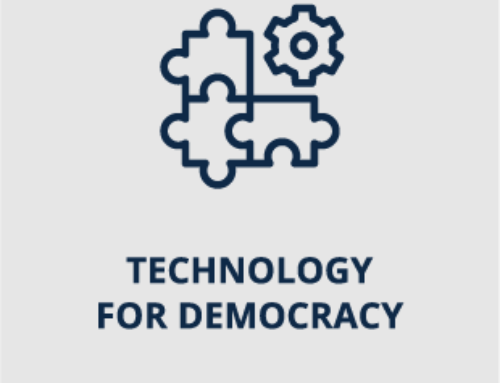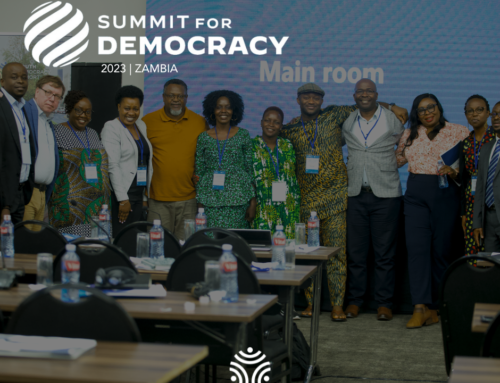By: Graham Allen, Creator of the Deliberative Democracy and Citizen’s Assemblies Cohort of the Summit for Democracy 2023.
March 10th, 2023
—
The spread of deliberation and citizens assemblies, and the threat from autocracy, both in their own ways are with a push from the Summit for Democracy this month enable the next great evolution of democracy to take place.
The autocratic abuses in China, Russia and Brazil [to name but three] and the possibility of a fresh and reforming democratic Governments coming to power for example in the United Kingdom or being renewed for example in the USA, both conspire to present the planet with another moment for a democratic future to be written. Some may feel that the forthcoming proceedings of the Summit for Democracy let alone its cohort on Deliberative Democracy and Citizens Assemblies have more to do with attacking autocracy done with the self-reflection needed to analyse how democracy itself can meet the challenges ahead. We can and must do both.
Fortunately US academic and trusted establishment figure Richard Haass makes the case for an important part of this rethinking by discussing not just the rights but the obligations of citizens. We would expect that from someone steeped in the very unique US culture of the Founding Fathers. The surprise is that he then goes on to make a lucid and convincing case for a “Bill of Obligations” to sit alongside it. Haass uses Trump’s failed coup in 2021 to underline that the US has to use the time bought by the Biden victory as a second chance to fix the holes in its democracy. However the lessons are just as applicable to the wider democratic world. Who amongst us believes that Putin would not now be eying up from Kiev his next Eastern European victims had Trump won? Haass also reveals the truth that while Written Constitutions are essential foundations for democracy they have to complemented by the whole political ecosystem being a living, healthy, evolving organism and not worshipped as a frozen moment of perfection. Nothing typifies this more than what James Fishkin in Democracy when the people are thinking describes as “Democracy in good conditions”-the explosion of democratic joy and creativity which has come forward in the last decade as Citizens deliberating together have produced over 600 successful Citizens Assemblies.
Haass’s Bill of Obligations is not the expected list of dry ,legal requirements that might have been expected. Instead it is a set of moral truths familiar to those schooled in extending deliberative democracy to citizens. Indeed It feels like an abbreviated summary of the simple one page aid that facilitators give to newly arrived citizens on their first day at their Citizens Assembly. It covers 10 habits of good citizens and politicians – the things that our better selves should always do .These behaviours range from being civil, staying informed, getting involved, staying open to compromise ,rejecting violence, valuing unwritten practises, promoting the common good, respecting government service, supporting teaching of civics and putting country first. Failure to value these basics of informal democracy were listed by Levitsky and Ziblatt in “How Democracies Fail”. Now they are celebrated by Haass who dusts them off and lovingly crafts a dozen or so readable pages on each, a refresher not only on informal politics but also on how to be a decent human being individually and socially .It turns the book into an indispensable navigation around our political anthropology, about how our behaviours can help restore our democratic culture ,and how being decent people counts for just as much as correcting our institutional decrepitude.
The Financial Times’s chief economics commentator Martin Wolf has produced the most important political book of the year so far with his “Crisis of Democratic Capitalism”. It is the highest compliment to Richard Haass to say “A Bill of Obligations” should be a close second on your list if you want to understand how to keep and upgrade our democracy. We as human being have the superpower of sociability and deliberation-if we care to use it.
Cohort point of contact.
Iain Walker, newDemocracy Foundation, iain.walker@newdemocracy.com.au




